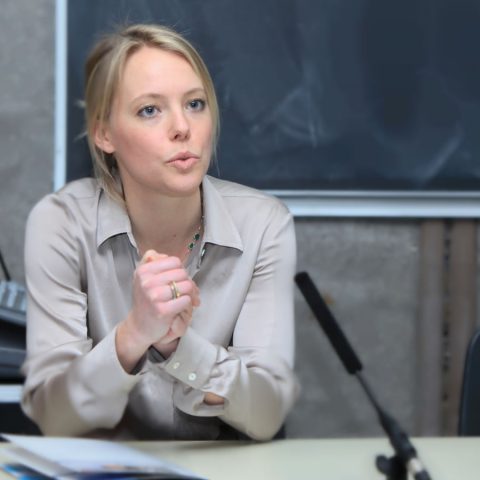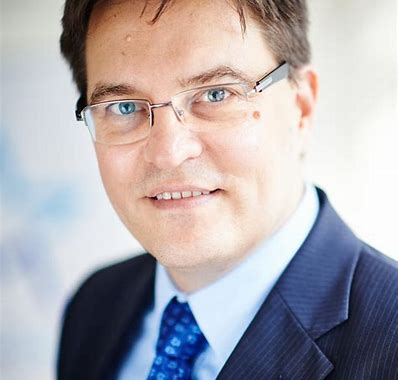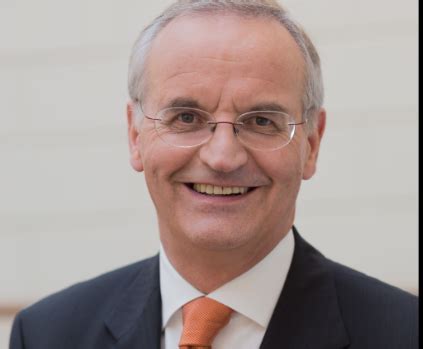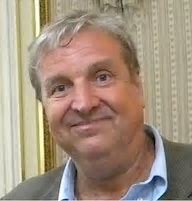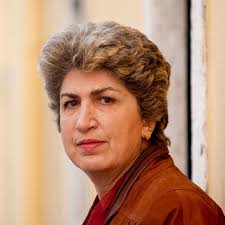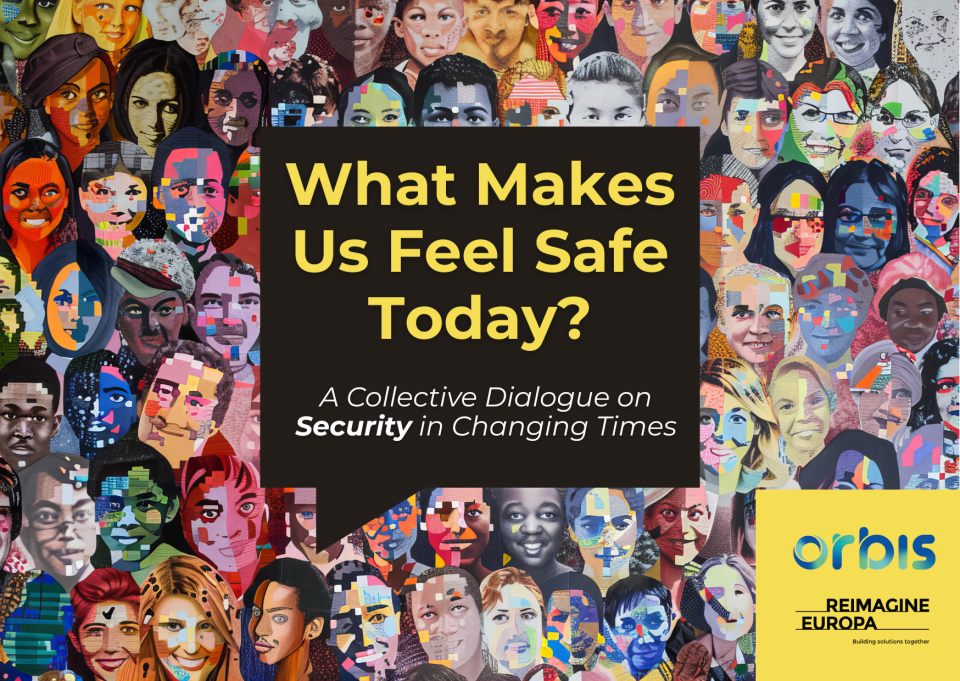| Start date: | 25/09/2018 |
|---|---|
| End date: | 25/09/2018 |
| Where: | European Parliament, Brussels |
“The science of mind has lit up a vast landscape of unconscious thought – the 98 percent of thinking your brain does that you’re not aware of. Most of it matters for politics. The mind that we cannot see plays an enormous role in how our country is governed.”
– George Lakoff
An increasingly influential stream of research demonstrates the integration of cognition and emotion in political decision-making. Political cognition is emotionally shaped. The role of narratives in shaping people’s minds has become an important area of research and debate, in particular in recent years when entire societies have made choices that seem “rationally” counterintuitive.
As debates around migration, Brexit, climate change and vaccines become increasingly emotional policy-makers and scientists alike have had to accept that in the battle for hearts and minds of human beings, narrative will consistently outperform data in its ability to influence human thinking and motivate human action.
With a polarising society and highly-charges emotional debates on the table ahead of the upcoming European election, it is ever more important to look at what can we learn from recent research in psychology, neuroscience, economics, sociology and behavioural science about how the minds work and hoe they are shaped. Remembering that, as Manuel Castells mentioned “perceived reality is reality”.
Re-Imagine Europa and the Martens Centre for European Studies organised this workshop, co-hosted by MEP Alain Lamassoure, MEP Lambert van Nistelrooij, MEP Maria João Rodrigues and MEP Nils Torvalds ahead of the upcoming European Elections to follow-up on the workshop “European Election and the Impact of Social Media” to focus on “Identity, Communication and Power: European Narratives” and what recent research in psychology, sociology, and neuroscience are revealing about how we construct and relate to narratives.
This workshop is part of a series of workshops that will be organised to address these issues. These workshops will also feed into the Re-Imagine Europa programme on “Democracy in a Digital Society”.

